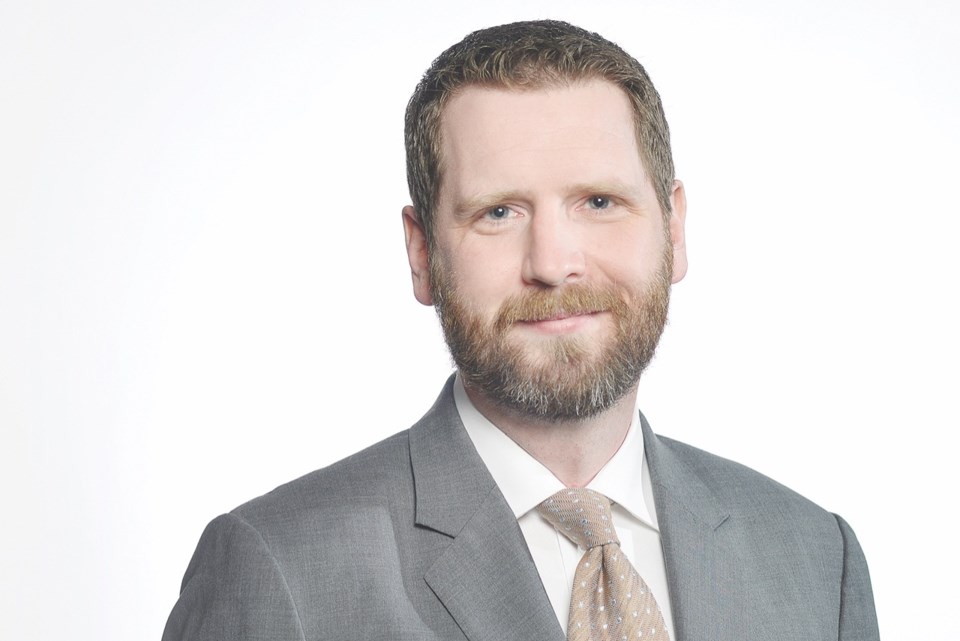The carbon tax came into effect in Saskatchewan on April 1, and it’s expected to have a considerable impact on the people of the province.
The federal government has imposed the carbon tax on Saskatchewan and three other provinces – Manitoba, Ontario and New Brunswick – that it says do not have suitable carbon pricing solutions.
It starts at $20 per tonne of greenhouse gas emissions (GHG) this year, and will increase each year until it hits $50 per tonne of GHG emissions in 2022.
While the provincial government is challenging the constitutional validity of the federal government’s move, that didn’t stop the tax from С����Ƶ imposed.
Data from the federal government projects the average Saskatchewan household will pay $403 more through the carbon tax this year, and that number will increase to $946 in 2022.
The government is offering rebates to those affected by the tax, starting at $598 in Saskatchewan this year and increasing to $1,419 in 2022.
Todd MacKay, who is the Prairie director for the Canadian Taxpayers Federation, said at one time Saskatchewan was fighting a lonely battle on the issue. There weren’t many people standing up to the feds on the issue.
“A lot of times it felt like it was the Canadian Taxpayers Federation and (former) premier Brad Wall, and that was about it,” said MacKay.
But the more they have talked about it, the more he says people realize the carbon tax isn’t going to work.
MacKay said the CTF has sent out petitions, spoken to the media and tried other efforts to apply pressure on the federal government to back off on the tax plan.
He was hopeful the federal government would repeal the carbon tax after the Progressive Conservatives won the provincial election in Ontario and promptly dropped the province’s cap-and-trade system, but that hasn’t happened.
MacKay says he remains optimistic that the carbon tax will eventually be repealed.
“Politicians work for the people. It’s not the other way around. People across the country are increasingly opposed to a carbon tax. We feel pretty confident that we can push it back. It’s going to be a long, hard fight, and that fight certainly isn’t over yet, but we can fight the carbon tax.”
In B.C., he pointed out that vehicle emissions have continued to go up, even though the carbon tax has been in place for a decade.
“British Columbians have spent hundreds of millions of dollars on a carbon tax, and yet emissions continue to go up. That’s a bad deal on both ends,” said MacKay.
The most obvious area where people will notice a difference is at the gas pump, he said. Prices are expected to increase four cents per litre for gasoline and six cents per litre for diesel. But people will also notice it on natural gas bills.
Indirect costs will include groceries.
“All of the groceries in the grocery store got there because somebody put them on a truck and drove them to the grocery store. Those prices are going to go up.”
As for an alternative to the carbon tax, MacKay cited the work of Canadian farmers to reduce carbon emissions. He noted Canadian farmers are producing more food than ever before, without increasing emissions.
“Technological development, research and development, those are areas that can make a real difference, because when we get better at doing things more efficiently here in Canada, those technologies can be transferred across the country and around the world,” said MacKay.
The provincial government says one example of the impact of the carbon tax was when SaskEnergy’s commodity rate was lowered from $3.65/gigajoule (GJ) to $2.575/GJ, the lowest rate in 20 years.
They pointed out customers would normally expect estimated annual savings of $90 per average residential customer. However, starting April 1, SaskEnergy is also required to begin collecting the federal carbon tax, which will eliminate the anticipated savings from SaskEnergy’s rate changes and result in a $109 average increase this year, with a further $54 annual increase each of the following three years. SaskEnergy will not collect the provincial sales tax on the carbon tax.




